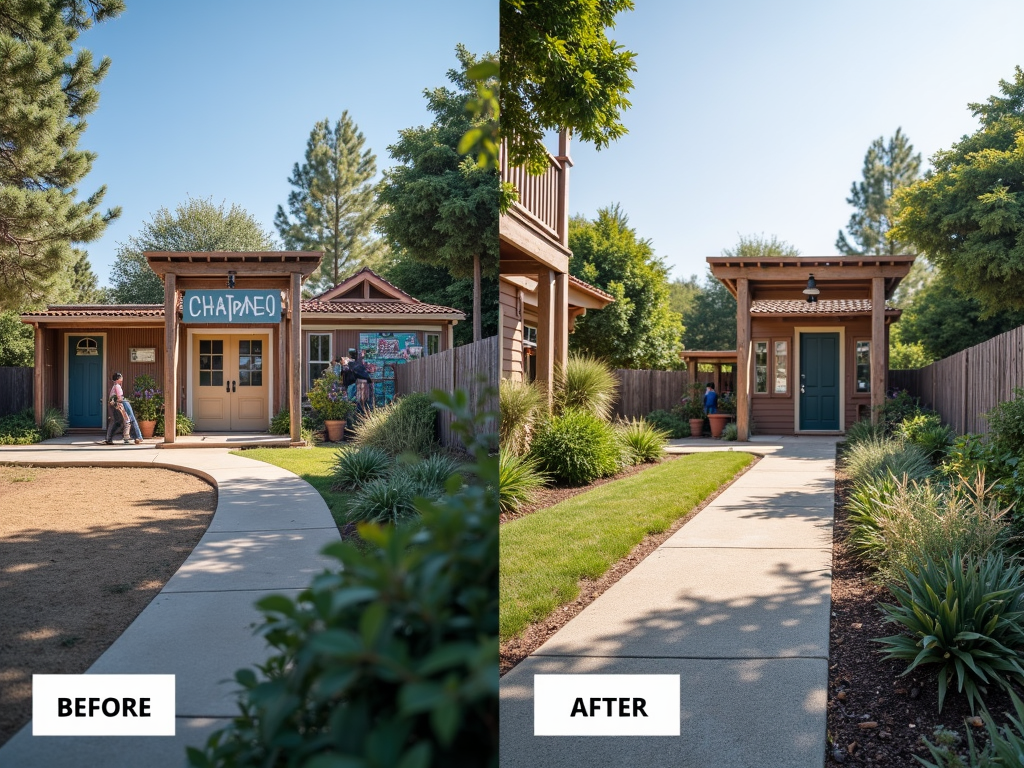Success Stories in Volunteer Advocacy: Changing Lives and Policies
By , May 20, 2025
Volunteer advocacy is a powerful force for change. It involves individuals who dedicate their time and effort to support causes they believe in, often without pay. These advocates work tirelessly to raise awareness, influence policies, and create positive change in their communities. Their stories are not just inspiring; they are a testament to the impact one person can have.
What is Volunteer Advocacy?
Volunteer advocacy is about speaking up for others and championing causes that matter. It can take many forms, from lobbying for policy changes to organizing community events. The common thread is a commitment to making the world a better place. According to the National Council of Nonprofits, advocacy is essential for nonprofits to achieve their missions.
The Power of Volunteer Advocacy: Changing Lives and Policies
One of the most compelling aspects of volunteer advocacy is its ability to change lives and policies. Take, for example, the story of Maria, a volunteer advocate who campaigned for a new community center in her neighborhood. Despite facing initial resistance, Maria's persistence paid off. The center now serves as a hub for local activities, providing resources and support to hundreds of residents.

Maria's story is just one of many. Across the country, volunteer advocates are making a difference. They are the unsung heroes who work behind the scenes to create lasting change. Their efforts often go unnoticed, but their impact is profound.
Adaptation in Volunteer Projects: Overcoming Challenges
Volunteer advocacy is not without its challenges. Advocates often face obstacles such as limited resources, bureaucratic red tape, and public apathy. However, the most successful advocates are those who can adapt and overcome these challenges. For instance, when a group of environmental advocates faced opposition to their clean energy initiative, they pivoted their strategy. They engaged local businesses and schools, building a coalition that eventually swayed public opinion and led to the adoption of new policies.
This ability to adapt is crucial. It requires creativity, resilience, and a willingness to learn from setbacks. As noted by the Corporation for National and Community Service, volunteers who can adapt are more likely to achieve their goals and inspire others to join their cause.

Success Stories of Advocacy Volunteers
The success stories of advocacy volunteers are as diverse as the causes they support. Consider the case of John, who volunteered with a local food bank. Recognizing the need for better nutrition education, John spearheaded a program that taught families how to prepare healthy meals on a budget. His initiative not only improved the health of participants but also reduced food waste in the community.
Another inspiring story is that of Aisha, who advocated for better mental health services in her school district. Through her efforts, the district implemented a comprehensive mental health program that has since been adopted by other schools in the region. Aisha's advocacy has had a ripple effect, improving the lives of countless students.
The Impact of Volunteer Advocacy
The impact of volunteer advocacy can be measured in many ways. According to a recent study by the Points of Light Foundation, volunteer advocates have contributed to a 30% increase in community project funding over the past five years. This statistic underscores the tangible benefits of their work.
But the impact goes beyond numbers. Volunteer advocacy fosters a sense of community and empowerment. It encourages people to take ownership of their causes and work together towards common goals. As one volunteer put it, 'Advocacy is not just about changing policies; it's about changing mindsets.'

How to Get Involved in Volunteer Advocacy
If you're inspired by these success stories and want to get involved, here are some steps to start your journey as a volunteer advocate:
- Identify Your Passion: What issues matter most to you? Whether it's education, environment, or social justice, find a cause that resonates with you.
- Research Organizations: Look for nonprofits or community groups that align with your interests. Websites like VolunteerMatch can help you find opportunities.
- Start Small: Begin with manageable tasks, such as attending meetings or helping with events. As you gain experience, you can take on more significant roles.
- Build Relationships: Connect with other advocates and community members. Collaboration is key to successful advocacy.
- Stay Informed: Keep up with current events and policy changes related to your cause. Knowledge is power in advocacy.
Conclusion
The success stories of volunteer advocates are a powerful reminder of what can be achieved through dedication and community action. These individuals are not just changing policies; they are changing lives. By getting involved, you too can contribute to positive change in your community. Whether you're advocating for a new community center or better mental health services, your efforts can make a difference.